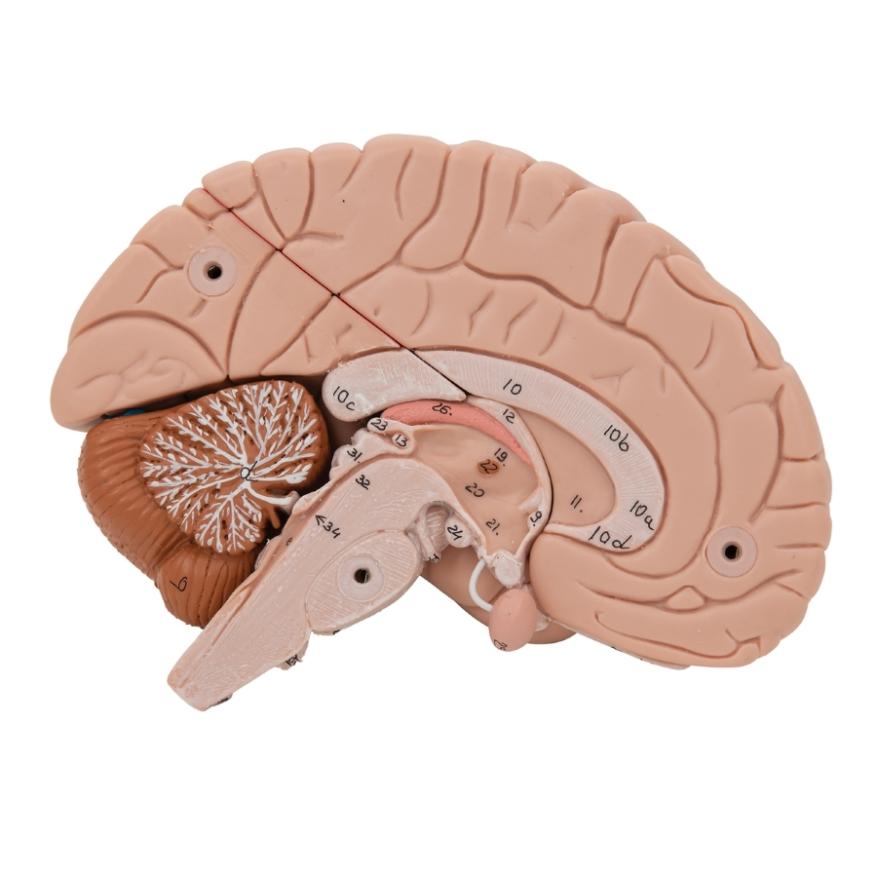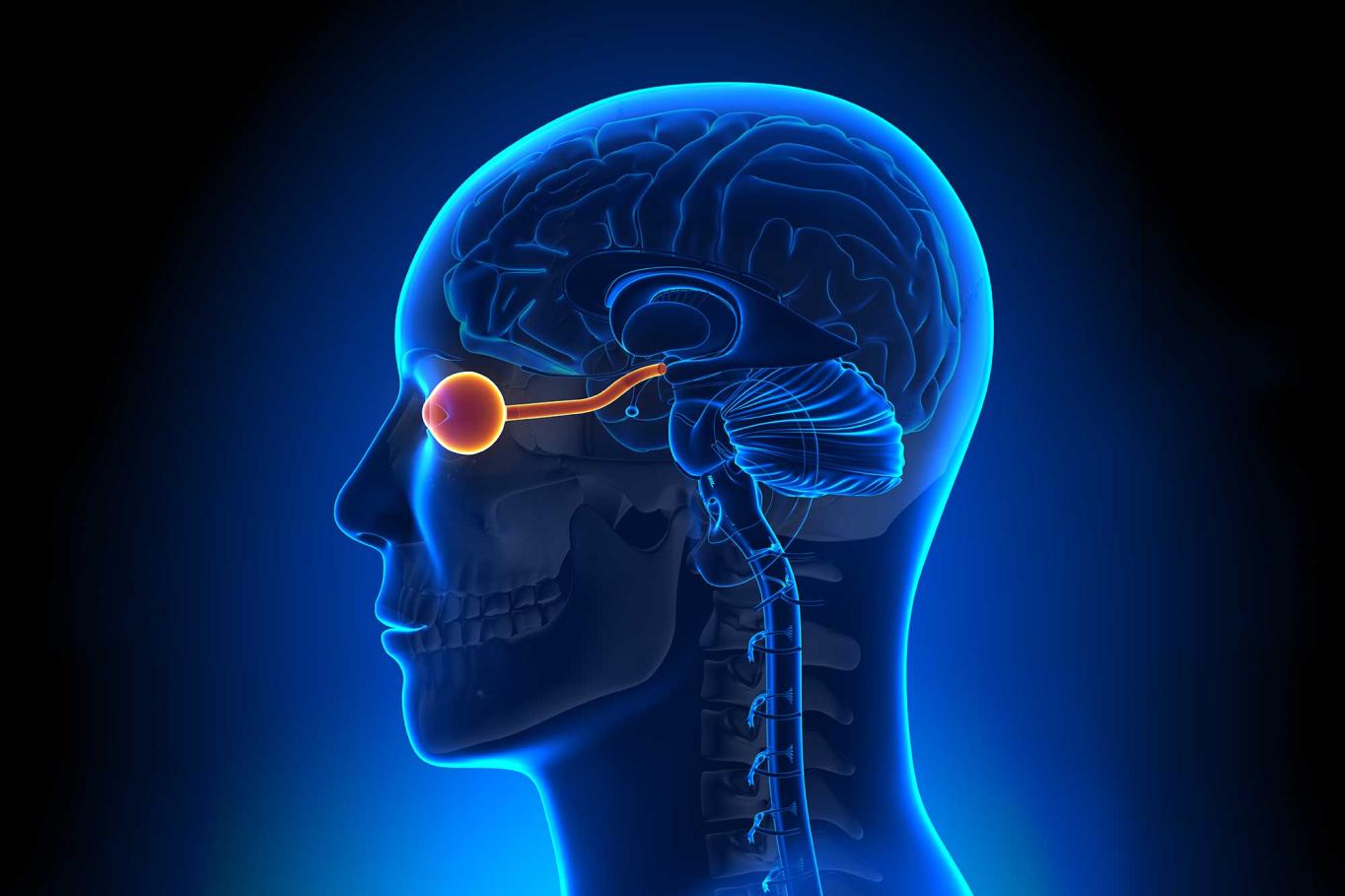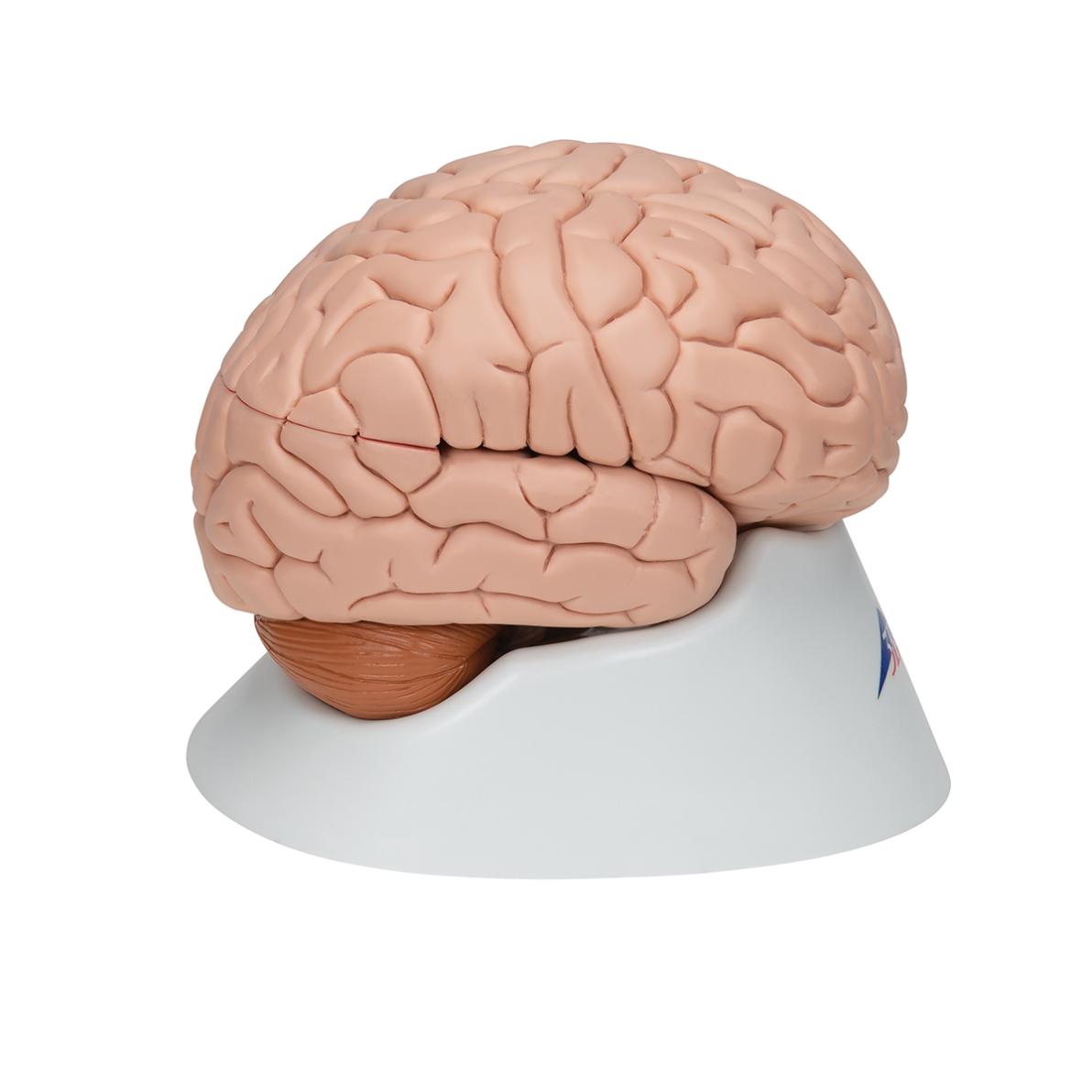How Does the Brain Develop in Children?
The human brain is one of the most complex organs in the universe, and it undergoes a remarkable transformation during childhood. From the moment a child is born, their brain is constantly growing and developing, influenced by a multitude of factors including genetics, environment, and experiences. Understanding how the brain develops in children is crucial for fostering healthy brain development and supporting children's overall well-being.

I. Prenatal Development
The foundation for brain development begins even before a child is born. During prenatal development, the brain undergoes a series of critical stages, influenced by both genetic factors and the mother's environment.
- Importance of Prenatal Nutrition: Proper nutrition during pregnancy is essential for optimal brain development. Folic acid, a B vitamin, plays a crucial role in preventing neural tube defects. A balanced diet rich in fruits, vegetables, and whole grains provides essential nutrients for brain growth.
- Avoiding Teratogens: Certain substances, known as teratogens, can have harmful effects on the developing brain. These include alcohol, tobacco, certain medications, and environmental toxins. Avoiding these substances during pregnancy is vital for protecting the baby's brain.
- Genes and Environment: Genes inherited from both parents provide the blueprint for brain development. However, the environment also plays a significant role. Prenatal stress, maternal health, and the overall intrauterine environment can influence brain development.
- Critical Periods of Brain Development: During pregnancy, there are specific periods when the brain is particularly vulnerable to environmental influences. These critical periods are characterized by rapid growth and development of specific brain structures.
II. Infancy And Early Childhood
The first few years of life witness an incredible burst of brain growth and development. The brain's size nearly triples during this period, and neural connections are formed at an astonishing rate.
- Rapid Brain Growth: The brain grows rapidly during infancy and early childhood, reaching approximately 90% of its adult size by age 5. This rapid growth is supported by an increased supply of nutrients and oxygen to the brain.
- Development of Basic Skills: During this period, children develop basic motor skills, such as crawling, walking, and grasping objects. Language skills also emerge, with children learning to understand and produce words. Cognitive abilities, such as problem-solving and memory, also begin to develop.
- Importance of Early Childhood Experiences: Early childhood experiences play a crucial role in shaping brain development. Positive experiences, such as play, interaction with caregivers, and exposure to language, promote healthy brain development. Conversely, adverse experiences, such as neglect, abuse, or chronic stress, can have detrimental effects on brain development.
III. Middle Childhood And Adolescence
Brain development continues throughout middle childhood and adolescence, albeit at a slower pace. During this period, the brain undergoes structural and functional changes that support the development of higher-order cognitive skills and emotional regulation.
- Continued Brain Growth: The brain continues to grow during middle childhood and adolescence, although the rate of growth slows down. This growth is accompanied by an increase in the number of synapses, the connections between neurons.
- Development of Higher-Order Cognitive Skills: During this period, children develop higher-order cognitive skills, such as problem-solving, decision-making, and abstract thinking. These skills are essential for academic success and overall cognitive functioning.
- Role of Hormones and Social Factors: Hormones, particularly sex hormones, play a significant role in brain development during adolescence. Social factors, such as peer relationships and interactions with adults, also influence brain development.
IV. Factors That Influence Brain Development

Brain development is influenced by a complex interplay of genetic, environmental, and experiential factors. Understanding these factors is crucial for promoting healthy brain development and addressing developmental challenges.
- Genetics: Genes inherited from both parents provide the basic blueprint for brain development. However, genes do not solely determine brain development. Environmental factors and experiences can modify gene expression, influencing brain structure and function.
- Nutrition: Proper nutrition is essential for brain development. A balanced diet rich in essential nutrients, such as omega-3 fatty acids, iron, and iodine, supports healthy brain growth and function.
- Sleep: Sleep plays a vital role in brain development. During sleep, the brain consolidates memories, removes waste products, and prepares for the next day's activities. Sufficient sleep is crucial for optimal brain development.
- Physical Activity: Physical activity has been shown to promote brain development. Exercise increases blood flow to the brain, delivering oxygen and nutrients essential for brain growth. Physical activity also stimulates the release of neurotransmitters that support learning and memory.
- Stress: Chronic stress can have detrimental effects on brain development. Stress hormones, such as cortisol, can damage brain cells and impair cognitive function. Managing stress through healthy coping mechanisms is important for promoting healthy brain development.
V. Supporting Healthy Brain Development
Providing children with a supportive and nurturing environment is essential for promoting healthy brain development. Parents, educators, and caregivers play a crucial role in creating an environment that fosters optimal brain development.
- Positive Parenting: Positive parenting practices, such as providing a safe and loving home environment, encouraging exploration and learning, and setting limits and boundaries, promote healthy brain development.
- Early Childhood Education: High-quality early childhood education programs can provide children with stimulating and supportive environments that promote brain development. These programs can help children develop basic skills, such as language and math, and foster social and emotional development.
- Encouraging Play: Play is essential for brain development. Play allows children to explore their environment, learn new skills, and develop their imagination. Parents and caregivers should encourage children to engage in various types of play, both structured and unstructured.
- Promoting Physical Activity: Encouraging children to engage in regular physical activity is important for both their physical and mental health. Physical activity promotes brain development and improves cognitive function.
- Managing Stress: Helping children manage stress effectively is crucial for promoting healthy brain development. Parents and caregivers can teach children coping mechanisms, such as relaxation techniques and problem-solving skills, to help them manage stress.

Understanding how the brain develops in children is essential for fostering healthy brain development and supporting children's overall well-being. By providing children with a supportive and nurturing environment, parents, educators, and caregivers can help children reach their full potential and thrive.
YesNo

Leave a Reply